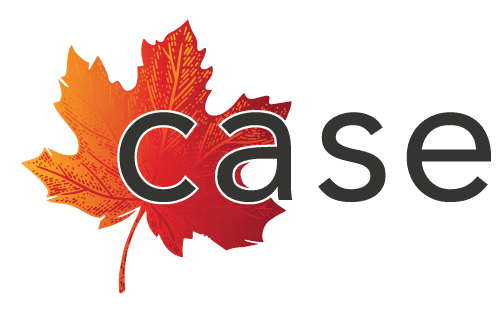[cs_content][cs_element_section _id=”1″ ][cs_element_layout_row _id=”2″ ][cs_element_layout_column _id=”3″ ][cs_element_text _id=”4″ ][cs_element_text _id=”5″ ][cs_content_seo]CASE recognizes November as Indigenous Disability Awareness Month
The Canadian Association for Supported Employment (CASE) proudly joins many Indigenous and non-Indigenous communities and organizations across Canada and the world in proclaiming November to be Indigenous Disability Awareness Month. This is an important opportunity to reflect on and celebrate the many social, economic, and cultural contributions Indigenous people experiencing disabilities make to our communities, and to mobilize to address the complex intersectional challenges they face.
Indigenous Disability Awareness Month (IDAM) was initiated by the British Columbia Aboriginal Network on Disability Society (BCANDS) in 2015 and has since been officially declared by the Provinces of British Columbia, Saskatchewan, and Manitoba as well as by the Assembly of First Nations and hundreds of other organizations and communities across Canada.
The 2017 Statistics Canada Aboriginal Peoples Survey reports that approximately one in three Indigenous peoples experience disability, a rate that is much higher than the general Canadian population1. The accessibility challenges and limited employment opportunities that often accompany lived disability experience are further compounded for Indigenous Canadians by the institutional racism that continues to exist in our social systems.
“As we recognize Indigenous Disability Awareness Month, it is important to reflect on the ways that colonialism and the legacy of residential institutions continue to affect service delivery to Indigenous Canadians, and specifically to those experiencing disability,” says Joanna Goode, Executive Director of the Canadian Association for Supported Employment. “CASE is very proud to work alongside many Indigenous employment service providers who support meaningful, competitive paid employment opportunities for Indigenous Canadians who experience disability. We know that gainful employment promotes full citizenship, social inclusion, and greater health and wellbeing outcomes. We look forward to continued partnerships with Indigenous communities, leaders, and service providers to ensure that Indigenous Canadians with disabilities have equitable access to employment and career development opportunities throughout their lives.”
The Canadian Association for Supported Employment (CASE) is a national non-profit association of community-based service providers and stakeholders working toward employment inclusion of people experiencing disability. To find out more, visit the CASE website at: www.supportedemployment.ca.
1 https://www150.statcan.gc.ca/n1/pub/89-653-x/89-653-x2019005-eng.htm\n\n[/cs_content_seo][/cs_element_layout_column][/cs_element_layout_row][cs_element_layout_row _id=”6″ ][cs_element_layout_column _id=”7″ ][cs_element_headline _id=”8″ ][cs_content_seo]Subheadline space\n\n[/cs_content_seo][/cs_element_layout_column][/cs_element_layout_row][/cs_element_section][/cs_content]
Canadian Association for Supported Employment

